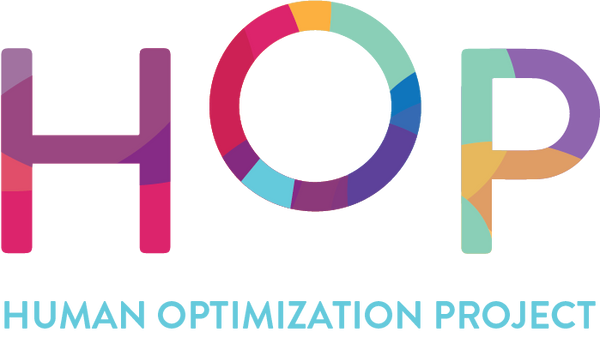
The midlife methylation map
Share
Mapping your methylation
Hitting that midlife milestone can feel like your body suddenly decided to download a mysterious software update without your permission. Energy drains faster, brain fog rolls in, and those mood swings? Let's not even go there!
But what if we told you there's a cellular process that might be behind ALL of these changes? It's called methylation, and it's like the fairy godmother of your cellular world—sprinkling biochemical sparkle dust that makes your DNA shimmer, your hormones gleam, and your neurotransmitters positively twinkle with renewed vitality.
What the heck is methylation anyway?
Think of methylation as your body's universal remote control. It regulates EVERYTHING from how your genes express themselves to how your body detoxifies. It's a simple molecular process where a "methyl group" (just a carbon with three hydrogens) gets passed around your body like a hot potato at a cellular party.
When methylation is running smoothly, your cells are communicating like best friends at brunch. When it's not? Well, that's when our friend "Gossip Guuurl" (remember her from our Downfalls of Aging?) gets static on her cellular communication lines.
The midlife methylation meltdown
Here's the kicker—after 40, this methylation process often starts to sputter like an old car on a cold morning. Research shows that methylation efficiency can decrease by up to 30% in midlife, especially for women navigating hormonal shifts.
This methylation slowdown can manifest as:
- Unexplained fatigue (even after your third coffee)
- Brain fog that makes you walk into a room and forget why
- Mood swings that rival your teenage years
- Inflammation that makes your joints feel like they've time-traveled to age 90
- Heart health concerns that seemingly appear out of nowhere
B vitamins: the methylation maestros
This is where the "B's Needs" component of your HOP Box steps into the spotlight! B vitamins aren't just random supplements—they're the essential conductors of your methylation orchestra.
Each B vitamin in our red pill plays a starring role:
-
B2 (Riboflavin): The energizer bunny of methylation, keeping the whole process running.
-
B6: The mood stabilizer that helps create neurotransmitters, so you don't snap at your partner for breathing too loudly.
-
B12: The brain's best friend, supporting cognitive function and nerve health.
-
Folate (as Quatrefolic 5-MTHF): The active form that bypasses genetic roadblocks some of us have.
- Trimethylglycine (TMG): The methyl donor extraordinaire, providing those precious methyl groups.
Why your midlife body needs Bs more than ever
After 40, your body faces a perfect storm of methylation challenges.
-
Absorption issues. Your digestive system gets pickier with age, absorbing fewer nutrients from food.
-
Medication interactions. Common midlife medications can deplete B vitamins faster than a sample sale clears designer shoes.
-
Stress overload. Juggling career peaks, teenage kids, and aging parents burns through B vitamins like nobody's business.
- Genetic variations. About 40% of us have the MTHFR gene variation that makes methylation more challenging (yes, that unfortunate acronym is real).
Your methylation makeover
Beyond your daily HOP Box B's Needs supplement, here are some ways to support this crucial process.
-
Methylation-friendly foods. Dark leafy greens, asparagus, eggs, and fish are methyl-donor superstars.
-
Limit methyl-blockers. Alcohol and excessive caffeine can put speed bumps in your methylation highway.
-
Manage stress. Chronic stress is like a methylation vampire—meditation and movement are your garlic and wooden stakes.
- Check medications. Ask your doctor if any of your prescriptions might be depleting B vitamins.
HOP to your Bs
The beautiful thing about methylation support is how quickly you can feel the difference. Many HOP Box users report noticeable improvements in energy and mental clarity within just a few weeks of consistent B's Needs supplementation.
Your cells are waiting for those methyl groups to start sparking joy again. And remember—it's never too late to remap your methylation!

